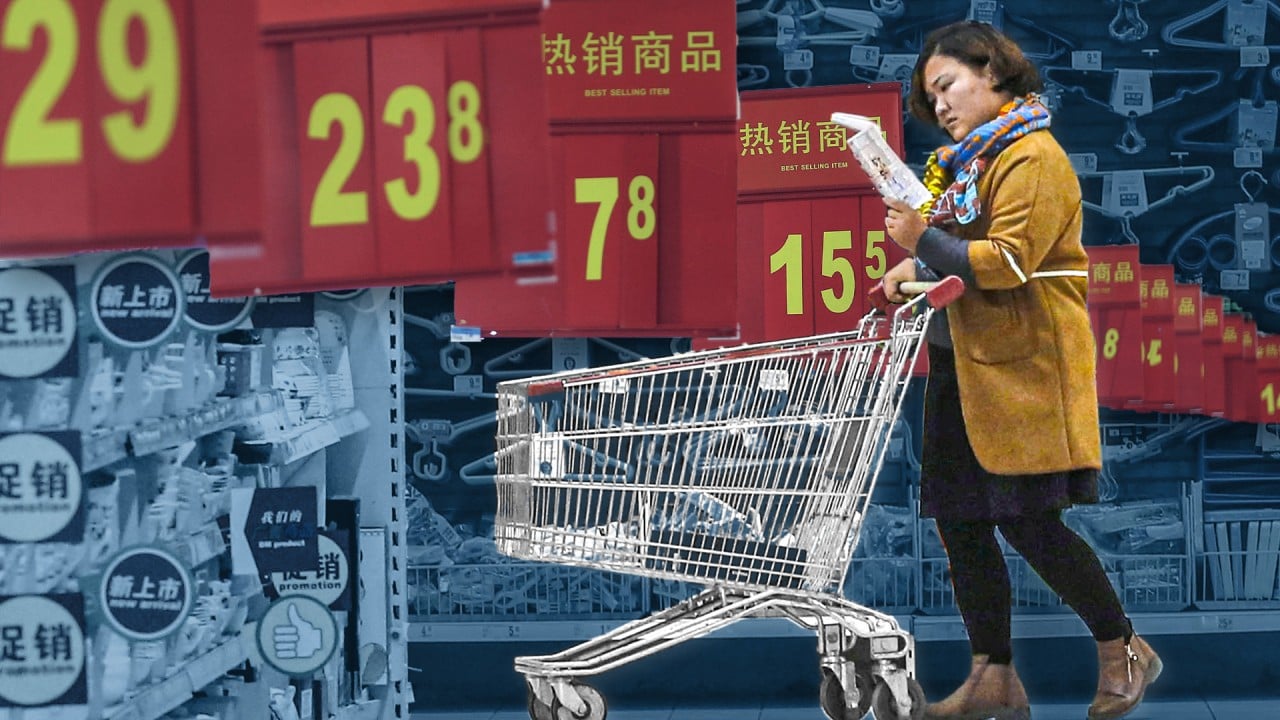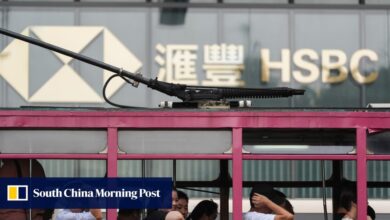China’s consumption drive falls on deaf ears as consumers remain cautious, ask for more

However, consumers who are growing increasingly cautious about spending their hard-earned money, remain unimpressed.
Only when I am making more money would I be willing to spend more
“No measure is good unless it gives me money,” half-jokingly said Beijing-based paralegal Guo Yijia.
Guo had considered the home appliances trade-in programme, but it does not seem to be a great deal, with her old washing machine only worth a small amount on online retailer JD, and her air conditioner installer offering a larger discount.
“For instance, if social welfare, such as benefits that cover medical and maternity insurance, improves, and I can feel like I don’t have concerns, I would be more willing to spend.”
Guo saw her income fall by half after switching careers, and has cut back her expenses in the past years, making coffee at home and buying cheaper clothes online.
Amy Wang, an entrepreneur in the outdoor activities industry based in Shanghai, also said the measures released in dribs and drabs had zero effect on her.
“Only when I am making more money would I be willing to spend more,” she said.
Wang added that her income has been slashed due to the slump in the investment market, forcing her to cut discretionary spending and to start taking public transport.
Beijing-based analyst Joe Zhou said although his income has not been affected by the overwhelming economic downturn, he has become increasingly cautious about spending and has avoided advance consumption due to weakened expectations.
He bought a car a few months ago, but he viewed the purchase as essential as a newlywed.
“The incentives didn’t fall on me,” he said.
Source link




